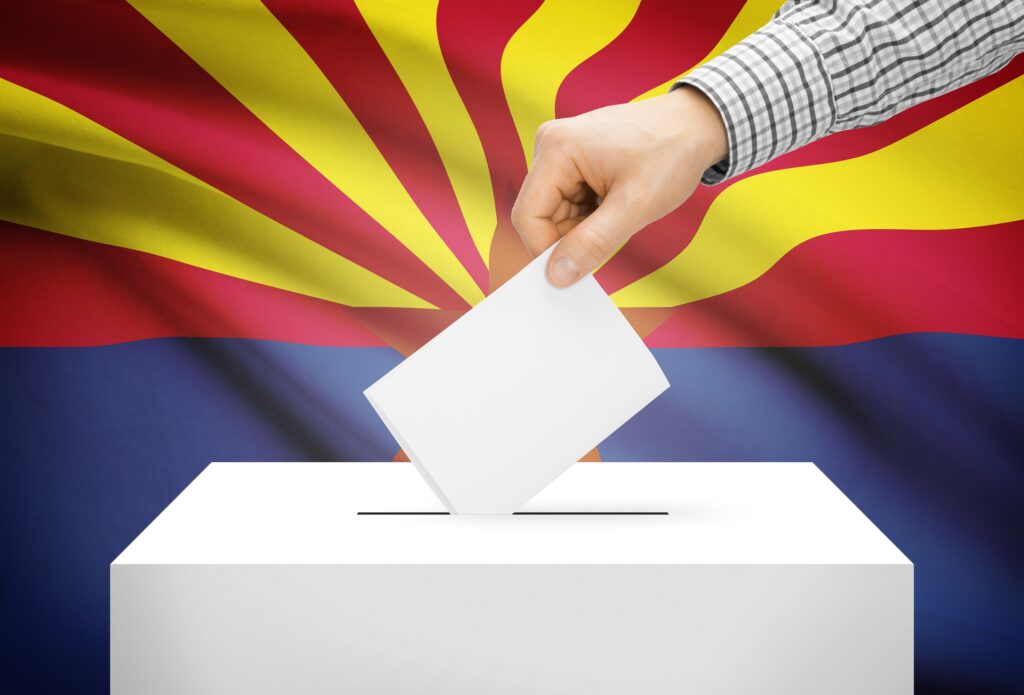The Case Against Congressional Term Limits
Author
Key Points
Press Release
“The limit does not exist”: The case against congressional term limits
Introduction
One of the most commonly advanced congressional reform ideas is to limit by constitutional amendment the number of terms members can serve. As evidence, term limits have been introduced in nearly every Congress going back to 1943. They are an evergreen reform, and supporters argue that imposing them would be the best way to minimize corruption and the influence of special interests in Washington.
Yet despite their popular support and seemingly clear logic, the implementation of term limits would do little to combat monied interests in Congress, and instead would hamper Congress’s ability to do its job as a co-equal branch of government. In fact, term limits would exacerbate some of the very problems their adoption is intended to rectify. For example, decades of political science and public administration research shows that term limits do not increase the diversity or ambitions of elected officials serving in government, nor do they decrease reliance on special interest groups or big money donors. In light of this, term limits are a draconian measure that effectively force out supported and experienced legislators in an attempt to limit the corrosive impacts of separate political concerns, such as gerrymandered districts or the role of money in politics.










